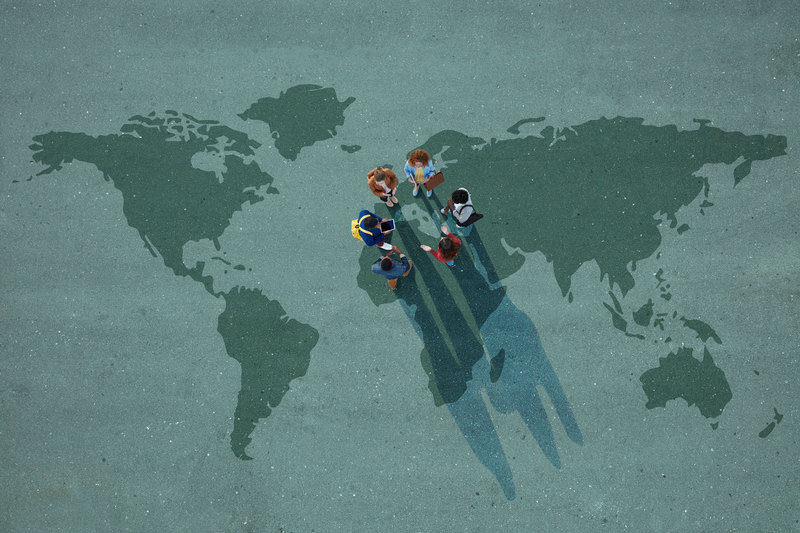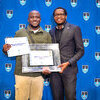UCT raises its voice for global academic freedom
11 July 2022 | Story Nadia Krige. Photo Getty Images. Read time 4 min.
University of Cape Town (UCT) Vice-Chancellor Professor Mamokgethi Phakeng has joined colleagues from across the globe in urging leaders of the Group of Seven (G7) to bolster academic freedom in the face of widespread political instability and conflict.
The U7+ Alliance of World Universities, of which UCT is a partner, recently issued a statement warning that a resurgence of autocracy is threatening to thwart the institutional autonomy of higher education and its ability to fulfil its academic mission.
Bringing together more than 90 university leaders from almost 50 institutions in 19 countries, the alliance aims to advance the role of universities as global actors for change across a multilateral agenda.
The statement was released during the U7+ Alliance’s annual summit in June, which was hosted by the Université Côte d’Azur in France this year. Among other things, it states:
“The crisis of democracy, evident in rising political extremism and polarization, has threatened the freedom of some university faculty as individual scholars to address controversial topics in research and teaching.”
Adding to this, the U7+ expressed its commitment to work closely with the G7 in insisting that academic freedom, open and respectful dialogue and debate are critical to a well-functioning democracy.
Robust discussions around global conflict
After two years of entirely virtual summits, the 2022 edition took a blended approach with delegates attending both virtually and in-person.
UCT was represented in both realms with Professor Phakeng joining virtually from Canada, where she was receiving an honorary doctorate from the University of Ottawa; and Carolyn Newton, UCT’s director of Global Engagement, attending in-person as Phakeng’s presidential delegate.
“It is therefore critical that institutions like UCT step up to the mark to provide an African voice on this global platform.”
“Spurred on by the topical issue of the current war in Ukraine and robust discussions that emerged around this, the U7+ Alliance’s statement denounces devastating conflicts happening across the world and the inhumanity that results,” said Newton.
The statement also specifically calls for the equal and compassionate treatment of refugees fleeing conflicts in all corners of the globe and expresses the alliance’s commitment to support those in need.
Responding to major challenges
Apart from supporting those affected by conflict, the U7+ reiterated its commitment to collaborate even more closely on developing and transferring new knowledge that can be harnessed to combat other pertinent wicked challenges, such as climate change and economic instability.
Most recently, UCT contributed to the development and transfer of knowledge in these fields by sending three delegates to participate in a 2021 U7+ round-table discussion about the role of intergenerational justice and existing inequities in climate change. These delegates were graduate students Koaile Monaheng and Tyler Booth, and Dr Britta Rennkamp, a researcher at UCT’s African Climate and Development Initiative. Following this event, Booth was handpicked to deliver an address during the second annual FP Virtual Climate Summit, hosted by Foreign Policy magazine, along with a stellar line-up of speakers, including former United Nations Secretary-General Ban Ki-moon.
Giving voice to the African perspective
This type of contribution is particularly important because UCT is one of only eight African alliance partners and the only southern African representative.
“Although it was founded to work closely with the G7 and comprised in the first instance of institutions from the G7 countries, the U7+ was deliberately founded as a global network (hence the ‘plus’ in its name), and so special invitations were issued to institutions in 14 countries worldwide,” Newton explained.
“It is therefore critical that institutions like UCT step up to the mark to provide an African voice on this global platform and participate in concrete commitments and actions that address some of the most intractable challenges of our time.”
 This work is licensed under a Creative Commons Attribution-NoDerivatives 4.0 International License.
This work is licensed under a Creative Commons Attribution-NoDerivatives 4.0 International License.
Please view the republishing articles page for more information.
Research & innovation





































